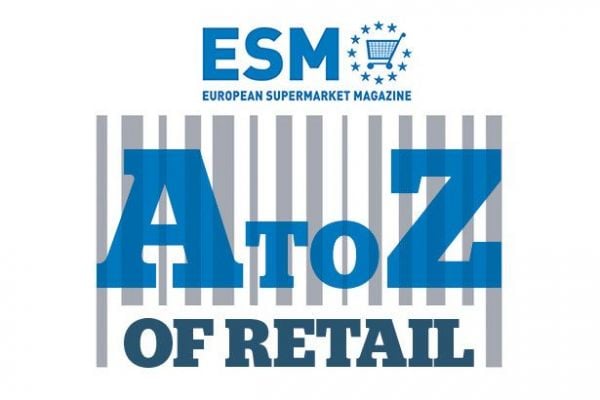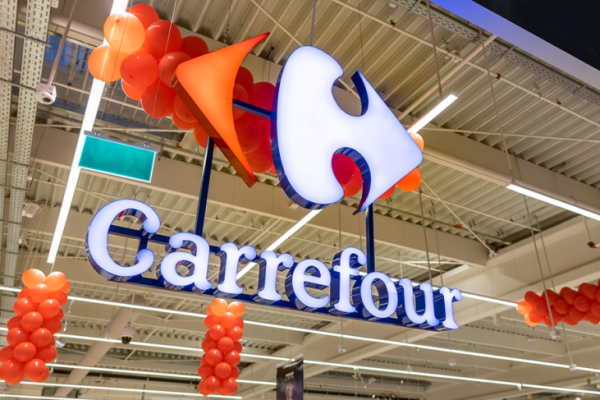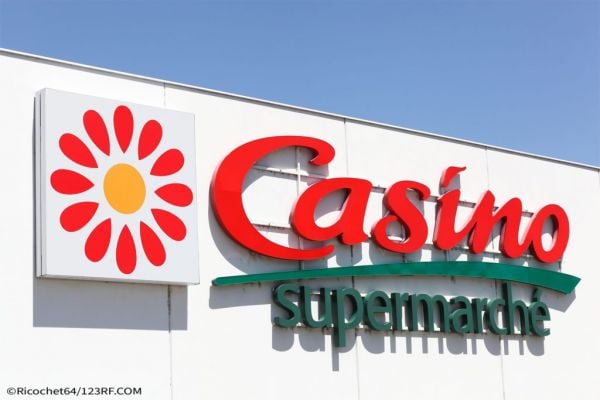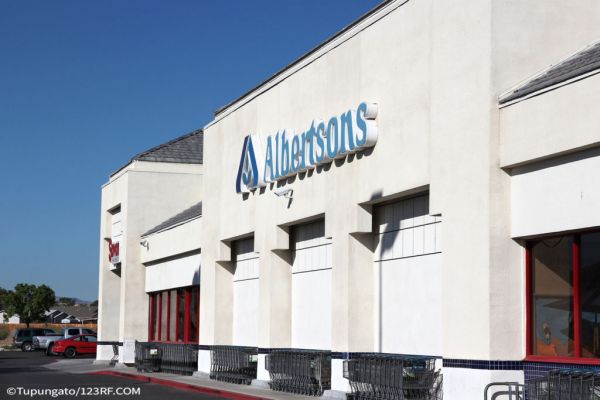ESM: European Supermarket Magazine is proud to unveil 'The A-Z of Retail', a new subscriber-only series that offers a deep analysis of the retailers, suppliers and individuals making the news each week. Today: Y is for YouTube.
They may occupy a central role in our day-today lives, but the year 2018 could yet turn out to be a tipping point for our relationship with online giants such as Google, Amazon and Facebook.
While Facebook is battling to save face amidst the ongoing Cambridge Analytica scandal, the world’s largest video sharing site, YouTube, is learning about the pitfalls of online advertising the hard way.
Over the last year, a host of companies advertising on the Google-owned platform have pulled their ads over YouTube’s failure to adequately monitor the spread of controversial content.
Most recently, organisations including the Chinese e-commerce giant Alibaba, Nike, Acer and Expedia suspended their ads from the website due to them appearing next to the videos of the conspiracy theorist and talk show host Alex Jones.
What sparked the controversy was Jones’ peddling a conspiracy theory that some of the survivors of the recent mass shooting in Parkland, Florida, were actors. The outspoken InfoWars founder has also claimed that the 2012 Sandy Hook massacre was engineered by gun control advocates.
Repeated Concerns
The latest action against YouTube is nothing new, however, as a number of large companies have previously voiced grievances with social media platforms over their ads appearing alongside offensive or outright criminal content.
In some cases, this has led to cutbacks of hundreds of millions in advertising.
For example, consumer goods company P&G cut $200 million of its digital ad spend last year, with one of the largest cutbacks allocated to YouTube advertising.
Companies have urged the likes of Facebook, Twitter and Google to apply more stringent controls on what gets onto the site and to monitor comments more closely.
A recent investigation by the BBC and The Times last November found that some of the world’s biggest brands were advertising alongside YouTube videos displaying inappropriate images of children.
More than a dozen companies were featured, including BT, Adidas Deutsche Bank, eBay, Amazon, Mars and Diageo.
YouTube said it uses algorithms to find offensive content and that it can automatically block illegal and exploitative videos. However, the site also relies heavily on users to report such content by flagging videos.
YouTube’s Trusted Flaggers, a volunteer programme that helps the site monitor videos and includes individuals, charities and law enforcement agencies, recently voiced concerns to the BBC that too much sinister content was still slipping through the cracks.
Mass Exodus
The controversy led to a mass exodus of brands, with Adidas, Mars, HP, Diageo, Cadbury, Deutsche Bank and Lidl among those suspending their ads on the evening before Black Friday, the traditional kick-off for the most lucrative shopping season of the year.
Likewise, in March of last year, Marks & Spencer, John Lewis, Sainsbury, The Guardian and the UK government also pulled ads from YouTube over offensive content featured on the platform, including videos promoting terrorism or anti-Semitism.
'We have strict processes in place to prevent our adverts from appearing alongside inappropriate online content,' Sainsbury said in a statement at the time. 'It is unacceptable that Google is allowing our ads to be placed alongside these videos on YouTube.'
However, the most vocal of the multinationals has been Unilever, whose CMO Keith Weed recently announced that the company would cut investment in platforms which breed division, while calling on the industry to follow suit.
Weed said that Unilever was working with third parties to verify their media across all platforms around the world, to create better value from its media spend.
“Consumers don’t care about third party verification,” Weed said. “They do care about fraudulent practice, fake news, and Russians influencing the US election. They don’t care about good value for advertisers. But they do care when they see their brands being placed next to ads funding terror, or exploiting children.”
Precarious Future
Weed’s speech posits a precarious future for the relationship between new media and advertisers.
Large tech companies will have to show they mean business when it comes to preventing the spread of offensive content, if they intend to keep customers on their side.
“Fake news, racism, sexism, terrorists spreading messages of hate, toxic content directed at children – parts of the internet we have ended up with is a million miles from where we thought it would take us,” said Weed.
“It is in the digital media industry's interest to listen and act on this. Before viewers stop viewing, advertisers stop advertising and publishers stop publishing.”
All major tech companies that want to avail of advertising revenue will have to show their willingness to go above and beyond if they want to remain in the good graces of consumers and businesses. Otherwise, 2018 could be a year to remember for the digital landscape, and not necessarily for a positive reason.
© 2018 European Supermarket Magazine – your source for the latest retail news. Article by Kevin Duggan. Click subscribe to sign up to ESM: The European Supermarket Magazine.














